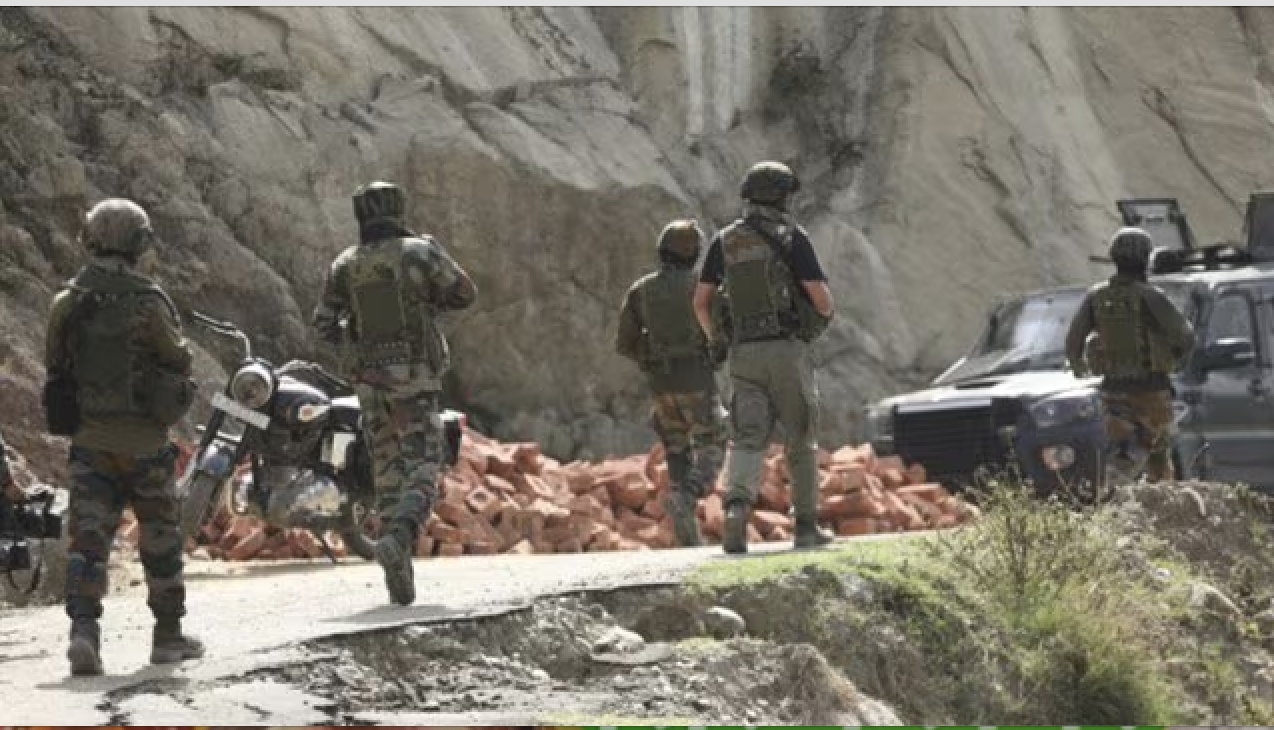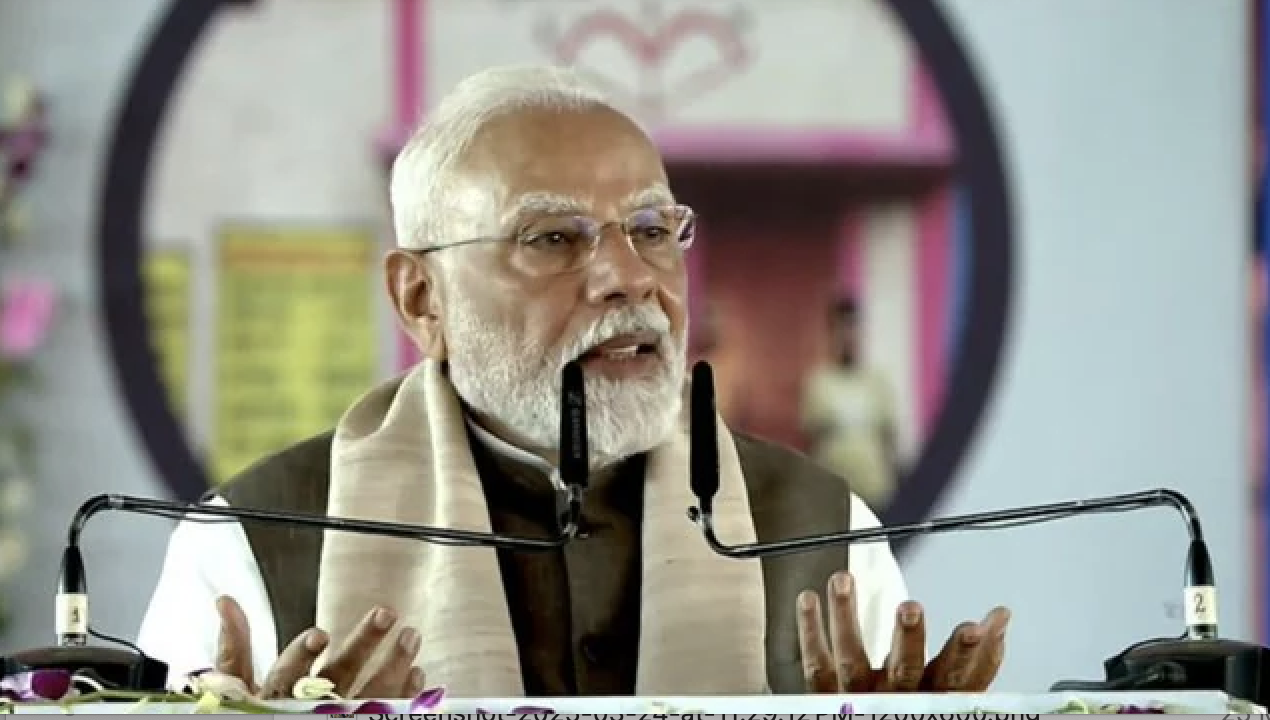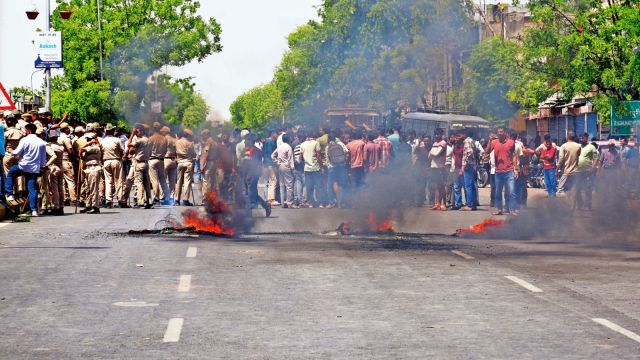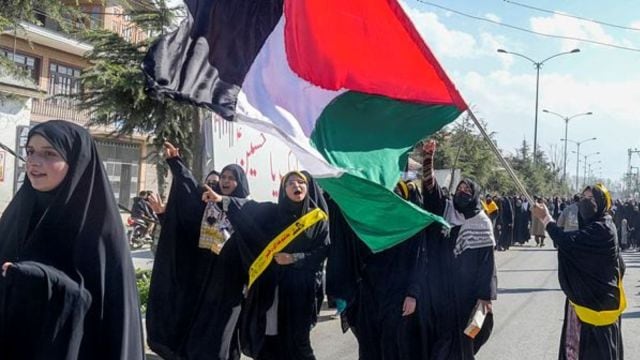
It’s odd that both Prime Minister Narendra Modi and finance minister Arun Jaitley have characterised the Sohrabuddin Sheikh -Tulsi Prajapati murder investigation as politically motivated and biased. For the key premise of the case – that they were murdered by the police in a fake encounter – was actually built by the Gujarat police itself when Narendra Modi was chief minister.
The case was then taken to the Supreme Court by Sohrabuddin’s family, which sought a CBI investigation because they felt the Gujarat police would not conduct an unbiased investigation against their own officials.
The CBI came into the picture only after the Supreme Court concurred with this plea and agreed that the case had to be taken out of the hands of the Gujarat authorities. Even the trial was shifted to Mumbai. And all this happened under the Supreme Court’s monitoring.
So, are Modi and Jaitley suggesting the Supreme Court was also biased in supervising the case?
Was the case politicised?
The charge of political bias is easily thrown around in these polarised times. In a way, the judgment in the Sohrabuddin Sheikh triple murder case last week has become politicised through the judgment itself; the presiding judge accused the CBI of carrying out a pre-determined investigation.
The judgment, for the purpose of arriving at this conclusion, relied on a large number of witnesses – 92 out of 210 – turning hostile. It further disbelieves the prosecution case regarding simple details like Sohrabuddin’s travel to Hyderabad and then his journey to Sangli, during which he and Kauser Bi were kidnapped and later murdered.

What is curious in the ultimate indictment of the CBI is that many, if not most of these details regarding Sohrabuddin Sheikh and Kausar Bi’s final journey, had been investigated by the Gujarat police when Modi was chief minister.
In fact, in 2010 when the case was finally transferred to the CBI, the then Gujarat government staunchly opposed the move as it had already filed the chargesheet and said it was committed to bringing the accused to justice.
The Supreme Court was not convinced, and the CBI only built on that investigation. It’s surprising now that the entire investigation is being attacked politically, especially when it was conducted on the orders – and under the supervision – of the Supreme Court, wherein the victim’s families, the accused, the CBI as well as the Gujarat government participated in every hearing.
The conclusion of the trial court judge – that words had been put in the mouth of the witnesses by the CBI – is curious as none of them, including the accused and the Gujarat government, had brought this alleged large-scale fabrication of evidence to the attention of the apex court when they could easily have done so.
On the contrary, at least one witness, Azam Khan, stated that he was being forced by the Gujarat police to retract his statement given to the CBI and the magistrate on an earlier occasion.
What the Supreme Court observed, at the time of transferring the investigation, was:
“Since the high police officials of the state of Gujarat are involved and some of them had already been in custody, we are also of the view that it would not be sufficient to instil confidence in the minds of the victims as well as of the public that the State police authorities would still be allowed to continue with the investigation when allegations and offences were mostly against them.
In the present circumstances and in view of the involvement of the police officials of the state in this crime, we cannot shut our eyes and direct the state police authorities to continue with the investigation and the charge sheet, and for a proper and fair investigation, we also feel that the CBI should be requested to take up the investigation and submit a report in this court within six months from the date of handing over a copy of this judgment and the records relating to this crime to them.”
A person’s guilt or innocence cannot be subject to a political debate, and should be left to the courts. The judgment will be challenged. The victims’ side will point out the infirmities, while the exonerated will surely uphold its virtues. What, however, should be a matter for public and political debate is the process that led to the judgment.
This is a case where the Supreme Court had to directly intervene to initiate an investigation, then to monitor it and transfer it to the CBI because it was convinced that the state police was impeding the investigation under pressure. Even after the transfer of the investigation, the trial was transferred to Mumbai to be heard by a single judge.
A botched prosecution?
This very abnormal case has ultimately fallen to the most normal threat to prosecutions in India, i.e. witnesses turning hostile. Witnesses who haven’t turned hostile are disbelieved for reasons of inconsistencies – at least some of which can be attributed to the fact that the investigation became protracted and that witnesses were afraid for their safety.
Much has been said about witnesses who gave additional details to the CBI as opposed to the Gujarat police earlier. This is completely believable as the Supreme Court held that the Gujarat police investigation was far from satisfactory. In fact, when Sohrabuddin’s brother Rubabuddin testified that Tulsiram gave him blank signed sheets to be used for whatever purpose he deemed fit – as Tulsiram was sure he would be killed – the same has been disbelieved despite the signature being confirmed to be his.
Tulsiram’s lawyer, who argued that he was afraid for his life and had complained to the courts at Udaipur where he was imprisoned – has also been disbelieved as no vakalatnama was produced to show that he was representing Tulsiram.
One more class of judicial officers hard-done by in this prosecution are the magistrates who recorded the statements of various witnesses which were discarded by the prosecution. Surely, there can be no doubt they recorded these statements truthfully. Short of going into the quality and valency of recording these statements, the same cannot be ignored.
In a case where all the accused were police personnel – all the politicians had been discharged earlier – for almost half the witnesses to turn hostile creates grave suspicion regarding either the investigation or the conduct of the prosecution.
No attempt was made to safeguard witnesses. Statements recorded before magistrates during the investigation were not even exhibited during trial, and a majority of the witnesses were not even examined. They were simply not summoned by the prosecution, which closed its evidence just a fortnight before the final arguments were heard.
None of the accused felt compelled to produce any evidence in their defence – so weak was the prosecution’s case. While the judgment shows concern towards witnesses who stated their statements were wrongly recorded by the CBI, no attention is paid to the possibility that these hostile witnesses may not have been free of fear or pressure.

This is not merely an idle concern. Azam Khan has been seeking protection from the Rajasthan high court regarding the torture and threats inflicted upon him by one of the accused and another serving police personnel in Udaipur a couple of months before his deposition. He was threatened by one of the accused on the morning of his deposition. After he named D.G. Vanzara – who had been discharged earlier – he alleged he was tortured.
He approached the court seeking to be re-examined as crucial parts of his testimony were left out and sought to avail the new Witness Protection Scheme brought into force by the Supreme Court. He was not the only one who suffered. The mother of one of the victims, Tulsiram Prajapati could not be ‘traced’ by the CBI even though warrants to produce her were issued.

She was, however, easily traced by The Wire‘s correspondent, to whom she narrated her travails and her utter exhaustion. Inspector V.L. Solanki had publicly stated his fears about testifying and had sought protection. When the same was not provided to him by the CBI, he went to court to give a truncated version of the testimony he gave during the investigation.
A bare reading of all the chargesheets filed show that there are around 500 witnesses in the case, out of which 210 were examined. The prosecution stated that re-examining Azam Khan, Mahendra Jhala, and summoning additional witnesses, including the initial investigating officer Rajnish Rai was not required as their testimonies pertained to the discharged accused.
These witnesses, if they had been allowed to complete their testimonies, would have been able to complete the chain of circumstantial evidence which is required to prove a conspiracy. As such, the conspiracy could not be proved because many conspirators were discharged on the technical ground of non-availability of sanction. Once that happened, the evidence regarding them was disbarred from being recorded, further damaging the prosecution’s case.
The point is that all necessary evidence must be presented to the court, after which it is responsible for sifting out the irrelevant material. The CBI’s prosecutorial ‘own goal’ ensured that an incomplete picture was presented to the court. Failure to ensure any support to the witnesses perforce contributed to large numbers of them turning hostile.
This story first appeared in The Wire on January 04, 2019 here.






